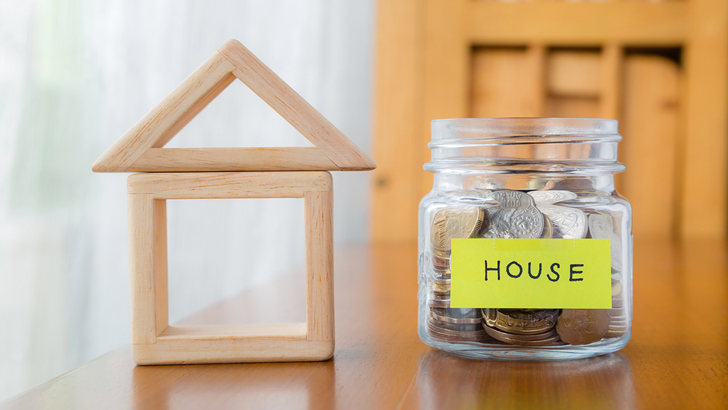Deposit VS Down Payment
November 23, 2015
What is the difference between a deposit and a down payment?
These are terms that can be confusing, so we hope that we can help clarify this important difference for new home buyers.
What is a Deposit?
The deposit is the money that you put down with the seller to secure the property that you would like to purchase. This amount can vary depending on the seller. When you are writing an offer to purchase, the seller will require a deposit amount, which often depends on the purchase price, and how quickly you will be closing on the sale and the level of customizations you are requesting on the property. The deposit amount is can then be applied against the purchase price of the property when the sale closes. The deposit can become part of the down payment. If you don’t close on the property, the deposit could potentially be retained by the seller.
What is a Down Payment?
The down payment is the money that you pay upon closing with the financial institution providing your mortgage on the property you are purchasing. Down payments for first-time home buyers typically range from 5% to 20% of the total purchase price of the property. The minimum down payment required to purchase a property is at least 5%. In certain situations, the minimum down payment may be higher than 5%, such as if you are self-employed or have poor credit history. If the property you are purchasing will not be owner-occupied, then the minimum down payment will be 20%. The full amount of the down payment is payable when the sale closes. It should also be noted that if your down payment is less than 20% of the total purchase price then you have what is called a high-ratio mortgage. In this situation you will have to purchase mortgage default insurance to protect the mortgage lender in case you are not able to make your mortgage payments.
Example:
Jane is buying a property with a purchase price of $500,000. She has put down a deposit with the seller of $25,000 as part of the offer to purchase. She removed the conditions within her contract and the deal is has gone firm, at which time the deposit is now no longer refundable. She will be closing in 30 days, at which time a 10% down payment of $50,000 is due with the financial institution providing her mortgage. Her initial deposit of $25,000 will be applied through the closing process towards the $50,000 down payment that is due, leaving her owing another $25,000 to complete the down payment.
Are you still confused? If so, contact us! We would love to chat with you and help you further understand that home financial lingo.



